By continuing to use our site, you consent to the processing of cookies, user data (location information, type and version of the OS, the type and version of the browser, the type of device and the resolution of its screen, the source of where the user came from, from which site or for what advertisement, language OS and Browser, which pages are opened and to which buttons the user presses, ip-address) for the purpose of site functioning, retargeting and statistical surveys and reviews. If you do not want your data to be processed, please leave the site.
The Voice of People With Breast Cancer
Education
Our Voices Blog
Tag : surgery
Reducing the Risk of Hereditary Breast and Ovarian Cancer: One Woman’s Story
In October 2013, Allegra Kawa of Edmonton had surgery to remove both her breasts. She’s also considering surgery to remove her ovaries and uterus.
Updates from the 2019 San Antonio Breast Cancer Symposium
Every year scientists, clinicians and patients from across the world gather to present and discuss the latest breast cancer research at the San Antonio Breast Cancer Symposium. We’ve gathered some highlights from 2019 conference:
Physical therapy vs Occupational therapy: What’s the difference?
Rehabilitation is an important aspect when recovering from or living well with breast cancer. Physical therapy (PT) and occupational therapy (OT) are terms we often hear when discussing rehabilitation, but we can sometimes confuse their true meanings.
Post-surgery tips from women who’ve been there
Simply put, surgery is awful. Your body is recovering from some major trauma. And if you were feeling rather healthy before surgery, afterwards can feel a bit like a train wreck. We asked women for their tips on making recovery a little more bearable.
Breast Cancer Related Lymphedema Part 2: Early Signs, and Treatments
In Part 1 we discussed the risk factors of lymphedema and tips for reducing this risk. Today we’re helping you identify early signs and what treatments are available for lymphedema.
Breast Cancer Related Lymphedema Part 1: Risk Factors
Breast cancer-related lymphedema is abnormal swelling that can develop in the arm, hand, breast, or torso on the side treated for breast cancer where lymph nodes have been removed. Lymphedema can develop suddenly or gradually. It can happen soon after surgery or can develop months or years later.
Living flat is freedom
My name is Alison Thompson and I was diagnosed with breast cancer five years ago. To give you some background, my mother was diagnosed with breast cancer about 15 years ago. Her cancer was an aggressive form. It spread to her spine and brain, and she passed away about three years after the initial diagnosis.
Finding Harmony after Breast Reconstruction
I was forty years old, running a successful business, comfortable in my finances, and feeling ready to settle down and start a family. Suddenly, a breast cancer diagnosis upended my sense of contentment and sent me on a journey of chemotherapy, immunotherapy, hormone therapy, a preventative double mastectomy, and, ultimately, reconstructive surgery.
SurgeryGuide is much-needed
For Andrea Sveinbjornson of Regina, the Canadian Breast Cancer Network’s new SurgeryGuide is an invaluable tool, one that she wishes she had when she had to make decisions about breast surgery in 2016.
SurgeryGuide: Helping you understand your surgical options
We all know how integral surgery is for the treatment of breast cancer. It’s usually the first step in treating early stages of the disease which means it can come quickly after diagnosis. The time when you’re still processing your diagnosis is also the time when you’re making some of the most important decisions about your treatment. Trying to make these decisions while learning this new, complicated language called cancer doesn’t make those decisions any easier.
Here’s what you need to know about inflammatory breast cancer
Inflammatory breast cancer (IBC) is a rare and aggressive form of the disease that doesn’t get a lot of attention. It’s tough to diagnose because of its unusual symptoms, and it’s more common in young women which makes it particularly tricky since the symptoms mimic that of mastitis, a common breast infection in new moms who breastfeed. Here’s what you need to know:
History of breast cancer treatment
People have known about breast cancer since ancient times. For most of that time, there were no effective treatments. However, in the last 120 years, advances in surgical and medical treatments have meant that today, 98 percent of patients with localized breast cancer survive at least five years after diagnosis. The following timeline shows the development of breast cancer treatments.
Surviving breast cancer and living with lymphedema
January 4, 2010, I became a fly on the wall. I was at my surgeon’s getting results from my biopsy. It was supposed to be a quick appointment as the initial needle test of fluid prior to the biopsy was negative for cancer, or so we thought. I remember hearing the doctor telling me “unfortunately it was cancer….” I felt like I was having an out of body experience. I was there but literally watching over my body and the doctor from a distance. My world suddenly changed both physically and mentally.
Living like I’m dying
I’m from Ottawa. I was diagnosed de novo in March 2011 with metastatic breast cancer and metastasis to the bone. I am 53 years old. I am a mother, daughter, sister, artist, lesbian, atheist, and gardener.
Fear of recurrence runs high for triple negative breast cancer patient
Montreal resident Kelina feels like a “sitting duck” because although researchers are working hard to find treatments for triple negative breast cancer, there are no targeted therapies available to this cancer, which was diagnosed in December 2015.
Triple Negative Breast Cancer Day
Triple Negative Breast Cancer Day is an annual global event on March 3. This is a day for a global awareness and grassroots fundraising aimed at helping to eradicate triple-negative breast cancer and celebrating the courage and strength of triple negative breast cancer patients and survivors.
How I regained control of my life when breast cancer made me feel like I had lost it
My journey began on New Year’s Eve 2015, when I noticed a red mark on my right breast. It wasn’t long before my stomach dropped and I felt my face flush while my throat did that swallowing action reserved for moments just like this.
Overcoming the lasting side effects of breast cancer
Wendie Hayes of Stoney Creek Mountain, Ontario was diagnosed in 2011 with triple negative metaplastic phyllodes breast cancer at the age of 55 after she discovered a lump in her left breast. Her cancer is a rare type, affecting less than one percent of breast cancer patients, so it took some time to get the right diagnosis.
Is Your Swollen Arm A Sign of Lymphedema?
If you have had surgery for breast cancer, you are at risk for lymphedema, a chronic swelling of the arm or another body part due to build-up of fluid. (This fluid, known as lymph, transports white blood cells and cellular debris throughout the body.) Removal of lymph nodes under the arm during breast cancer surgery or radiation therapy can cause a blockage in the lymphatic system, which causes lymphedema. It can develop shortly after your surgery or many years later.

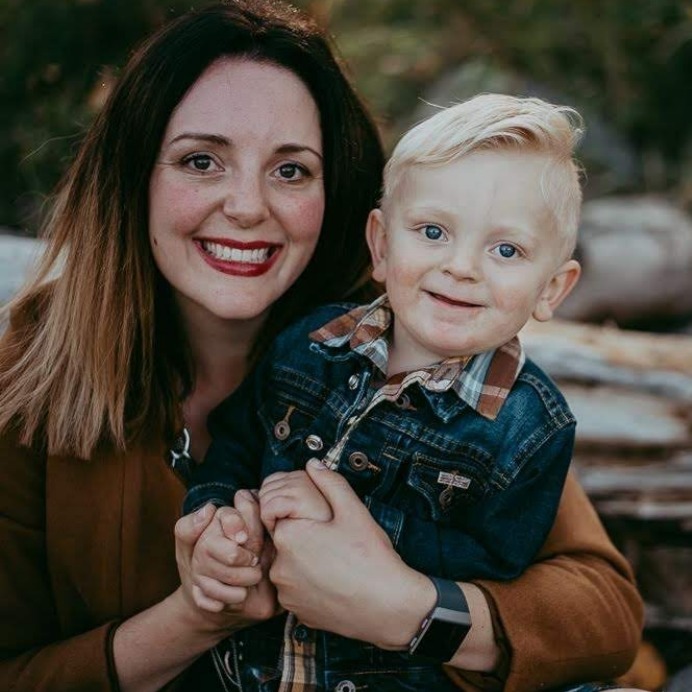



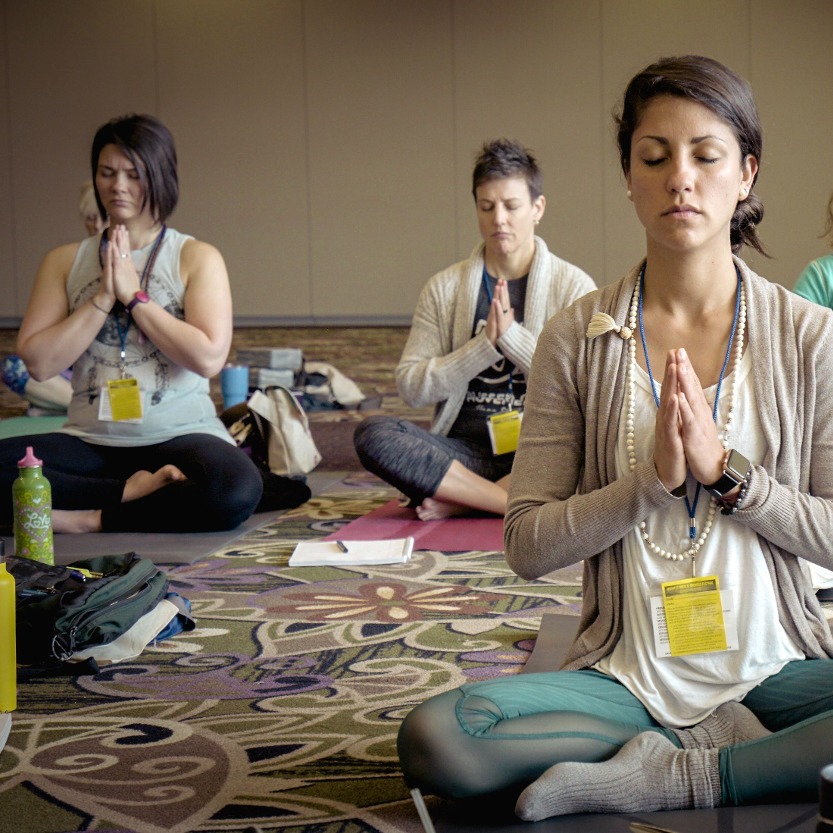

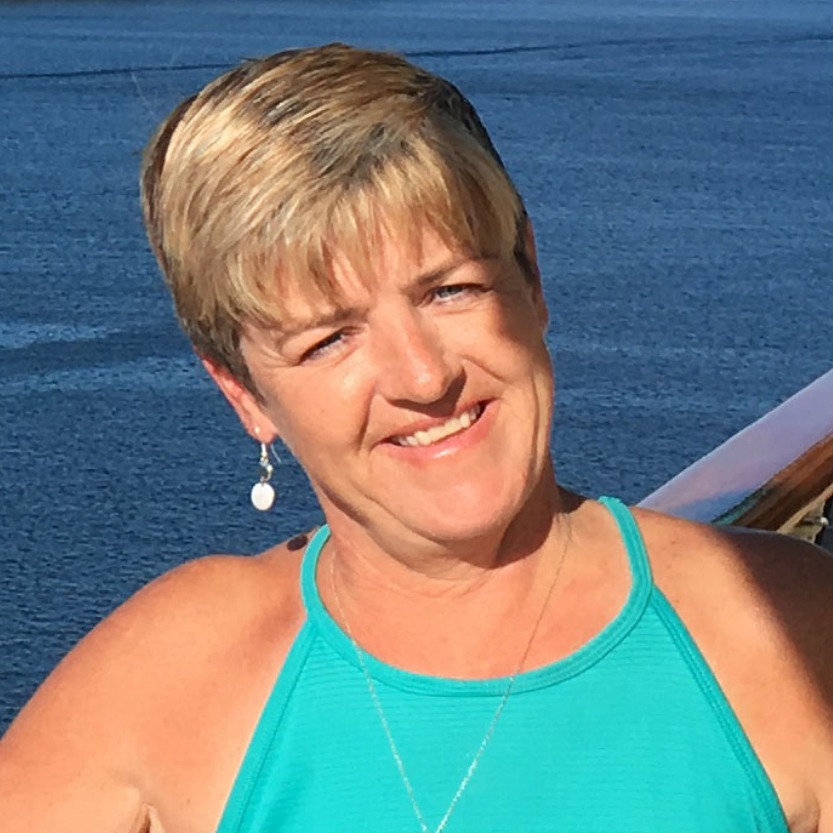
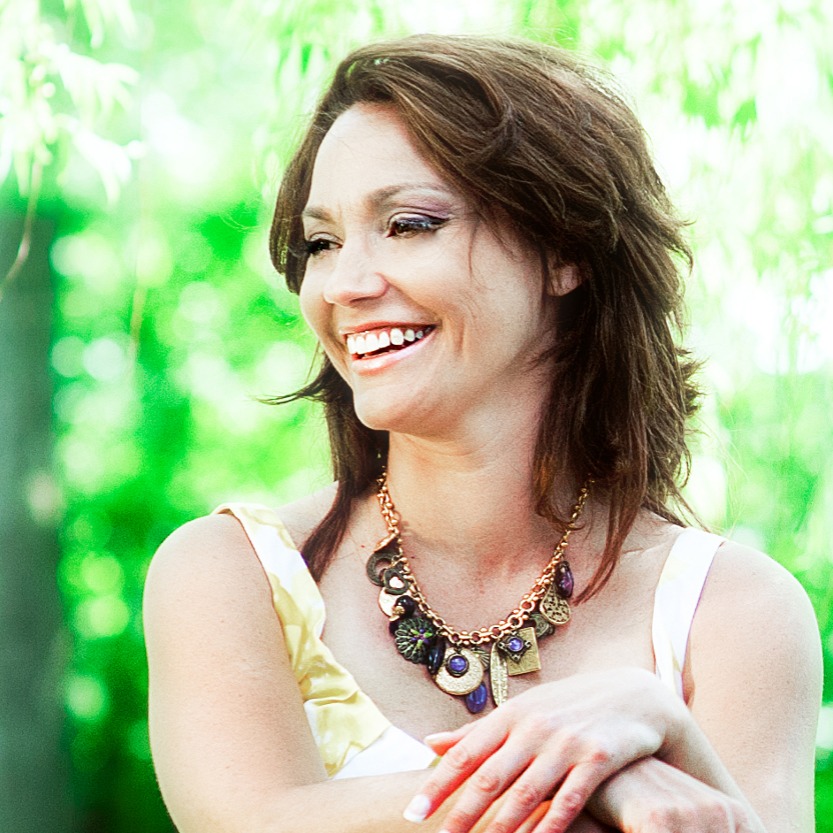
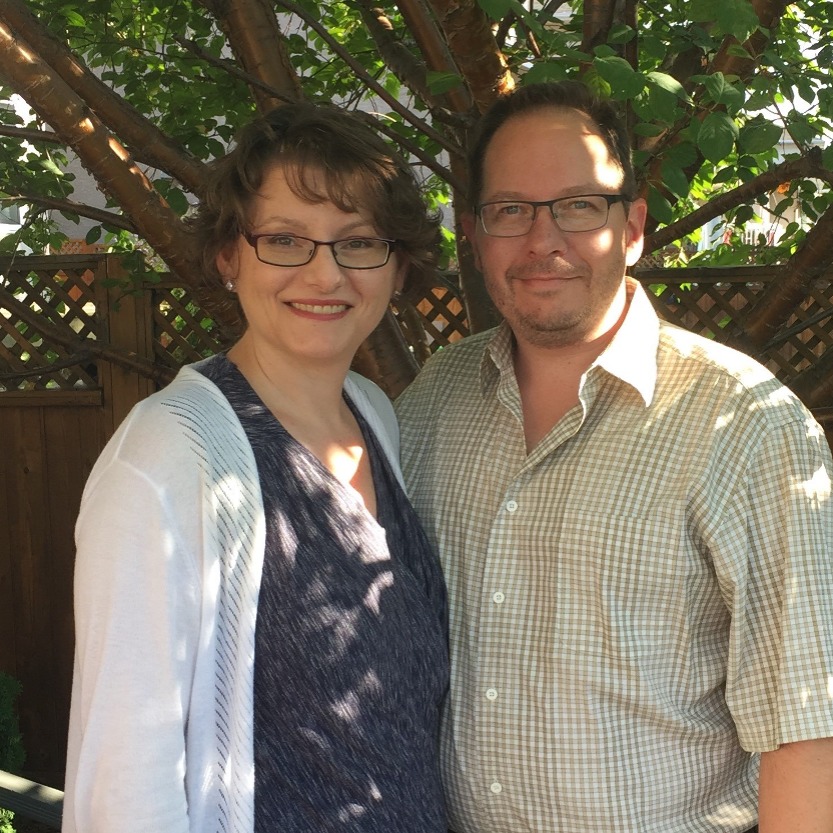



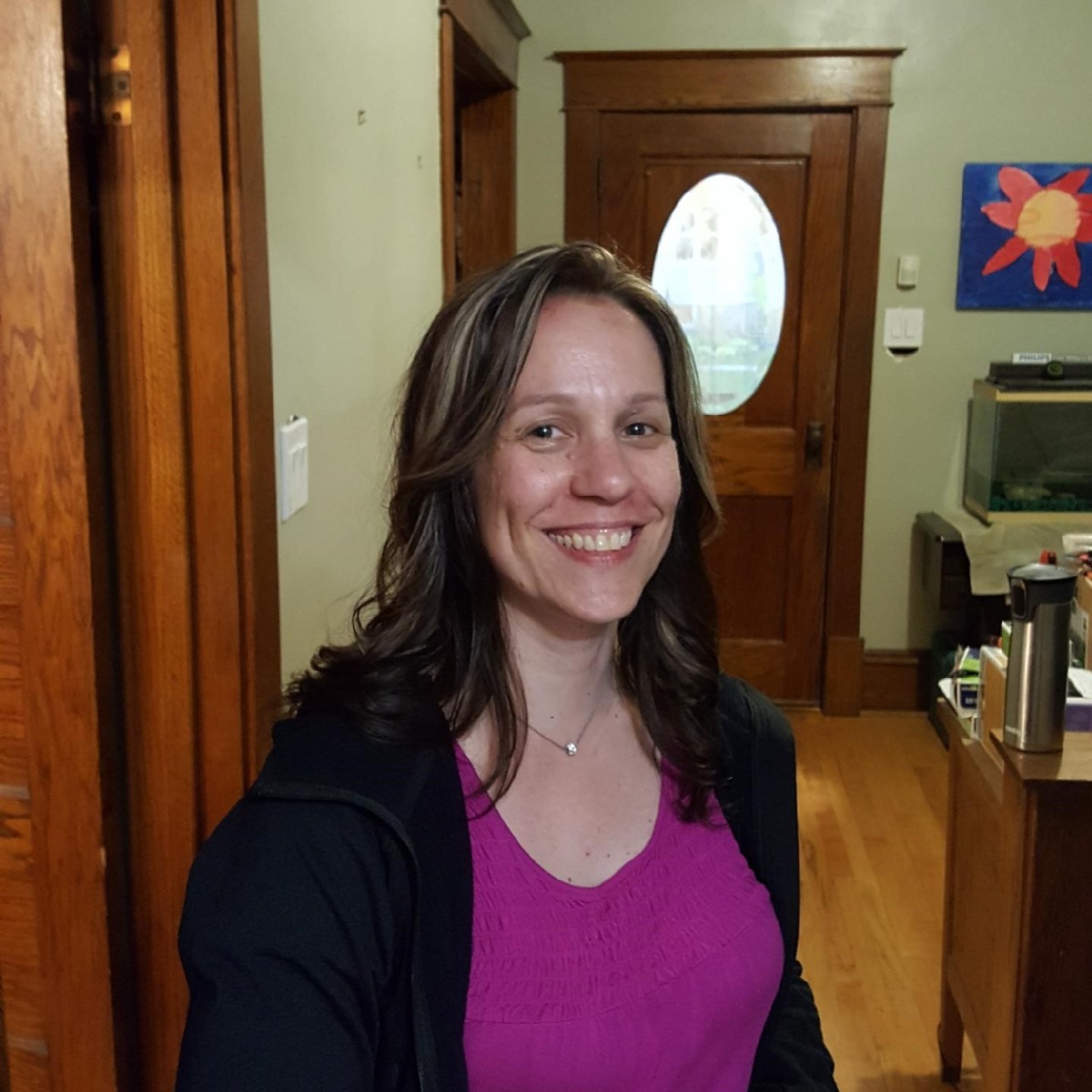



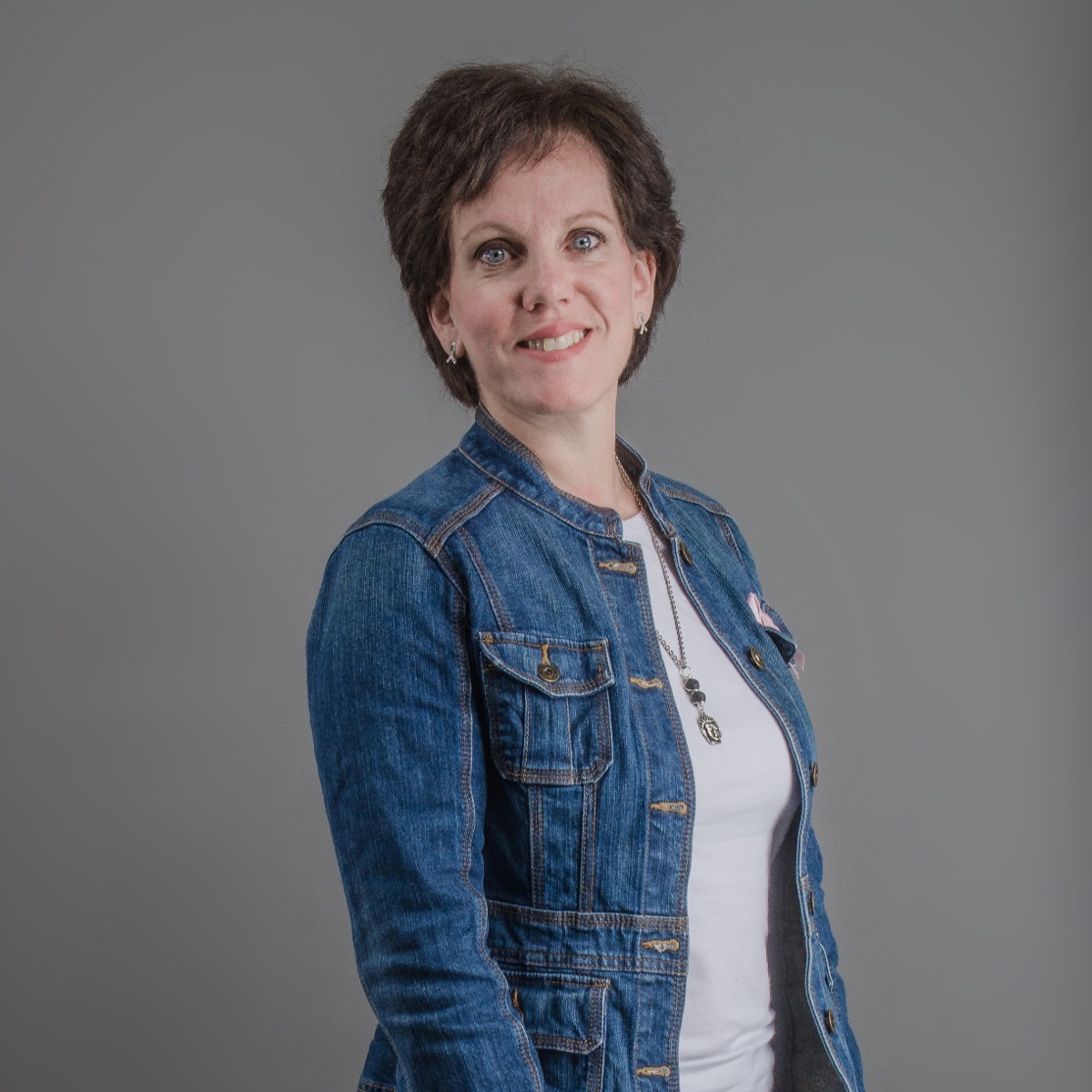
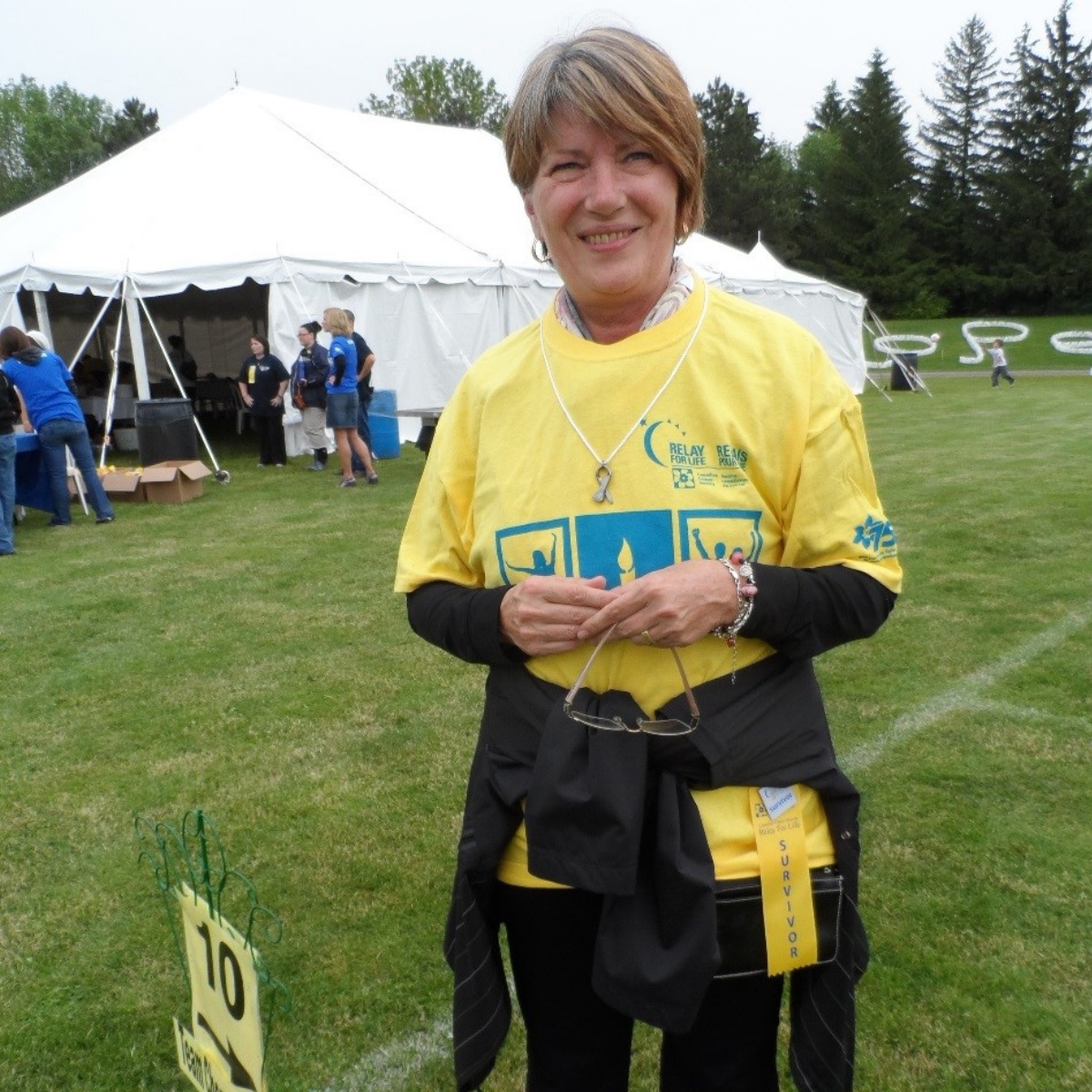
.jpeg)


